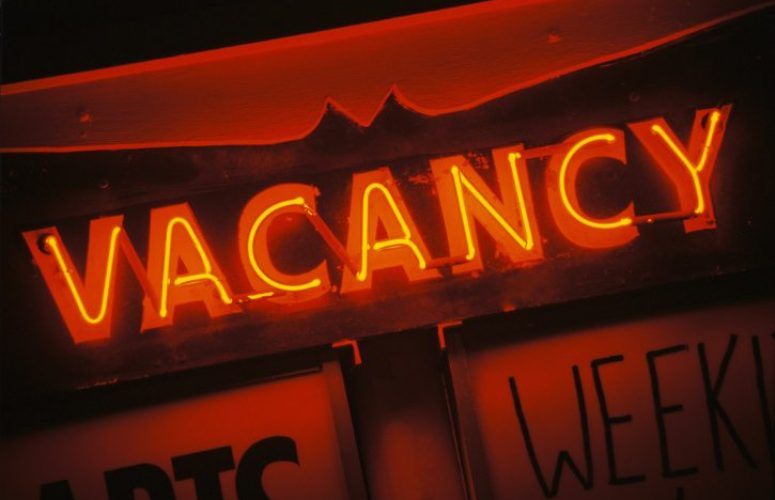
Transwestern Examines Mass Transit’s Influence on Office Market in Major Metros
On Jul 20, 2018The national average rent in transit-accessible office buildings was 65 percent higher than the average market rent in early 2018, Transwestern reports in a new analysis of mass transit’s influence on the office market. The examination of 15 major metros shows average rent in Central Business Districts was $43.48 per square foot for transit-accessible buildings versus $26.01 per square foot for car-dependent buildings. Transit-accessible office space was also at a premium in the suburbs, with average rent of $33.43 per square foot being nearly 50 percent higher than rent in car-dependent buildings.
“As workplace amenities have become increasingly important to companies in attracting and retaining talent, tenants are most certainly keeping accessibility to mass transit on their radar when surveying office product,” said Brian Landes, director of GIS/Location Intelligence for Transwestern. “Not surprisingly, vacancy for transit-accessible buildings is lower than overall vacancy, which makes these buildings extremely attractive to commercial real estate investors.”
In the analysis, transit-accessible buildings are defined as those within a 10-minute walk from a subway, commuter rail or light rail facility. Based on the combined statistical areas (CSAs) in the set (Atlanta, Boston, Chicago, Dallas, Denver, Houston, Los Angeles, Miami, Minneapolis, New York/New Jersey, Phoenix, San Francisco, Seattle, St. Louis and Washington, D.C.), approximately 39 percent of total office inventory is categorized as transit-accessible, while the remainder is car-dependent.
Transit-accessible office inventory in the CSA of New York/Northern New Jersey is above the national average, coming in at 58 percent. This figure is bolstered by the high percentage of transit access in New York City, especially in Manhattan, where virtually every property is walkable to rail.
New Jersey, largely a suburban state, has just 25 percent of transit-accessible office product. However, this compares favorably to the national average of 15.4 percent transit-accessible suburban inventory.
“As the population has migrated toward walkable inner cities, transit-oriented locations in New Jersey have thrived,” said Matt McDonough, Transwestern managing director. “And to compete, savvy suburban landlords are adding value by providing shuttle access to properties without immediate access to rail.”
McDonough points to Mars-Wrigley Confectionary’s commitment to move into a redevelopment project adjacent to Penn Station in Newark, and a speculative office development by Pinnacle Companies and Toll Brothers City Living along the Hudson Waterfront in Hoboken, one of the most popular submarkets in the nation. According to Transwestern research, rents in Hoboken have exceeded $50 per square foot for some recently signed leases, nearly twice the market average for New Jersey.
To access more business news, visit NJB News Now
Related Articles:





